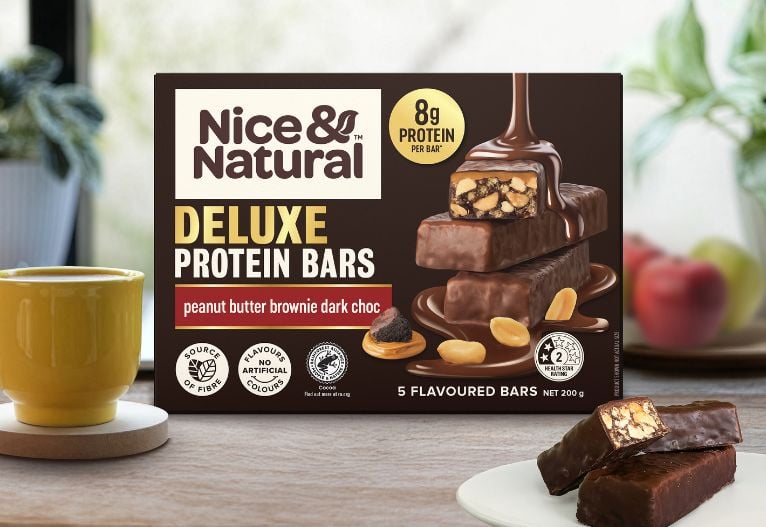Weight gain, diet, weight loss, weight gain plus some, another diet…Does this cycle sound familiar?
Summer is here and many people will start a ‘new health routine’. But before you jump onto another trendy hype, have you considered whether the result will stick around long term or would history repeat itself again?
In Australia, over 60% of our population have weight issues and each year, BIG money is spent towards diet books, pills and products.
We ask ourselves, is it really the food? Or is it the motivation beyond the foods and calories.
This article is intended to give you another non-diet prospective about weight loss that is more than calorie, fats or carbohydrate counting. “What is the key?” you ask. The key is to start to connect to your body again and ask what’s best for YOU. We hope you don’t fall into another trap of yoyo dieting just to set yourself up for failure.
Here are a few questions for you to consider:
1) Why do you want to lose weight?
The moment you decide you want to lose a few kilos, you have to ask yourself what is your motivation?
It’s easy to say you want to lose 5, 10, 15 or even 30 kilos, but have you thought about what are you trying to achieve by losing weight? Emotionally, how is it going to affect your life? Is it so that you are more confident? Or you feel more energetic and get more out of a day? Or simply just want to be the best carer to your family and role models to your kids?
How exactly are you going to feel better by weighing less?
What feeling will you experience after you lose the weight and what could happen if you don’t act now? From my experience, no clients ever came into my clinic wanting to lose weight for the fun of it and I make sure they are very clear on the ‘why’. And the reason behind weight loss is always more important than the amount of kilos lost itself. Interesting enough, the rate of success is also highly related to the importance of the underlying reasons, which usually have nothing to do with the numbers. So now I ask you, what is your underlying motivation?
2) Are you listening to your hunger?
You know your body better than anyone else. Have you ever experienced the situation where everyone stopped to have morning tea at 10:30am and you think you should too even though you are not hungry?
Eating regular meals is important but knowing when you should eat is important too.
For the next week, I would like to you to try only eat when you are hungry. When you feel hungry, ask yourself which part of your body is hungry and rate from 1-10 with how hungry you are (1 being not hungry and 10 being very hungry). If you always eat when your hunger level is more than 8 out of 10 that means you are letting yourself to be too hungry.
Do you sit in front of the TV and snack on the bag of chips, and before you know it, they are all gone but you feel like you haven’t even noticed what the chips tasted like?
Eating with distractions is one of the most common mindless eating behaviours.
People tend to overeat when they are not even thinking about what they are eating when they are eating it. The next time you eat, I challenge you to focus just on your food. Without distractions such as looking at your phone screen, computer, reading the paper or watching television. Acknowledge every mouthful you are about to put in your mouth, focus on chewing the food well and savour the flavour of the food.
I guarantee you will get a better experience in eating and will feel fuller and satisfied faster.
3) Are you listening to your emotions? Or are you eating them?
Let’s face it, some foods are associated with happiness and fun. And how many of us go to food when we experience negative emotions, let it be anger, frustration, tiredness and boredom thinking that it can relieve some of these feelings?
When you start to ‘eat’ your emotions, unnecessary empty calories may also go along with that.
If you are an emotional eater, then food isn’t your problem but the emotions that you are trying to use food to distract yourself is. Observe yourself and notice at what situations do you seem to eat emotionally? Can you identify it? Rather than trying to suppress them and using foods as a temporary comfort, is there a better way to manage that emotion?
Weight loss is not only about eating, in fact, it’s our mind that control what we eat so if we can be consciously mindful it may also mean that our hunger, satiety, portions and food choices can be much better managed.
4) How do you measure ‘success’?
If you think that losing 10 kilos will make you happier, how do you think you will feel when you have lost it?
If you think about it properly, does the number on the scale truly reflect your happiness? Or is it better to feel lighter, feel more energetic and feel better in your own skin?
Focusing on the number may be one of the more tangible way to measure progress but it definitely doesn’t guarantee happiness.
Do you have anything to add? Please SHARE in the comments below.
Image courtesy of Shutterstock.com





















10:11 am
10:47 am
12:11 pm
8:24 am
12:18 pm
5:25 pm
1:34 pm
5:34 pm
5:56 pm
2:30 pm
11:54 am
10:43 am
7:22 am
11:24 pm
2:27 pm
7:24 am
11:16 am
10:41 am
7:46 pm
2:32 pm
- 1
- 2
- »
Post a commentTo post a review/comment please join us or login so we can allocate your points.